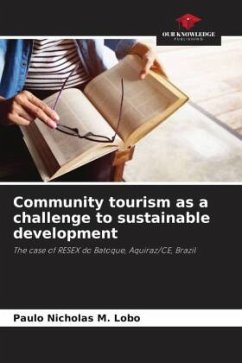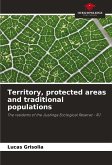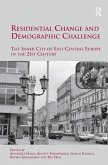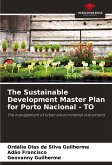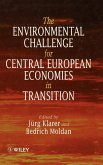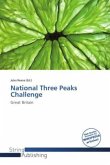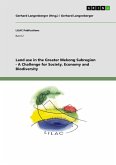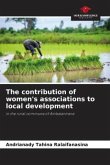The development model based on mass tourism adopted from the 1980s onwards on the coast of the Northeast, and specifically on the coast of Ceará, led to numerous conflicts with local populations. These rifts were the genesis of resistance movements and community mobilisation in these areas. It is in this context that community tourism emerged. Treated by some as true sustainable tourism, it brings the valorisation of cultural identity and the generation of direct benefits for the community to the centre of planning, making it possible to give the local population itself greater decision-making power. But does this happen in practice? Analysing grassroots tourism and its participatory management as a strategy for achieving sustainable development has become necessary and is the main objective here. There is also a review of the theoretical framework that builds the concept of sustainability itself, as well as an outline and correlation between the development of coastal tourism inCeará and the emergence of community-based tourism. Finally, one of the 15 communities that develop grassroots tourism in Ceará was chosen for analysis because of its pioneering spirit: the Batoque RESEX.
Bitte wählen Sie Ihr Anliegen aus.
Rechnungen
Retourenschein anfordern
Bestellstatus
Storno

